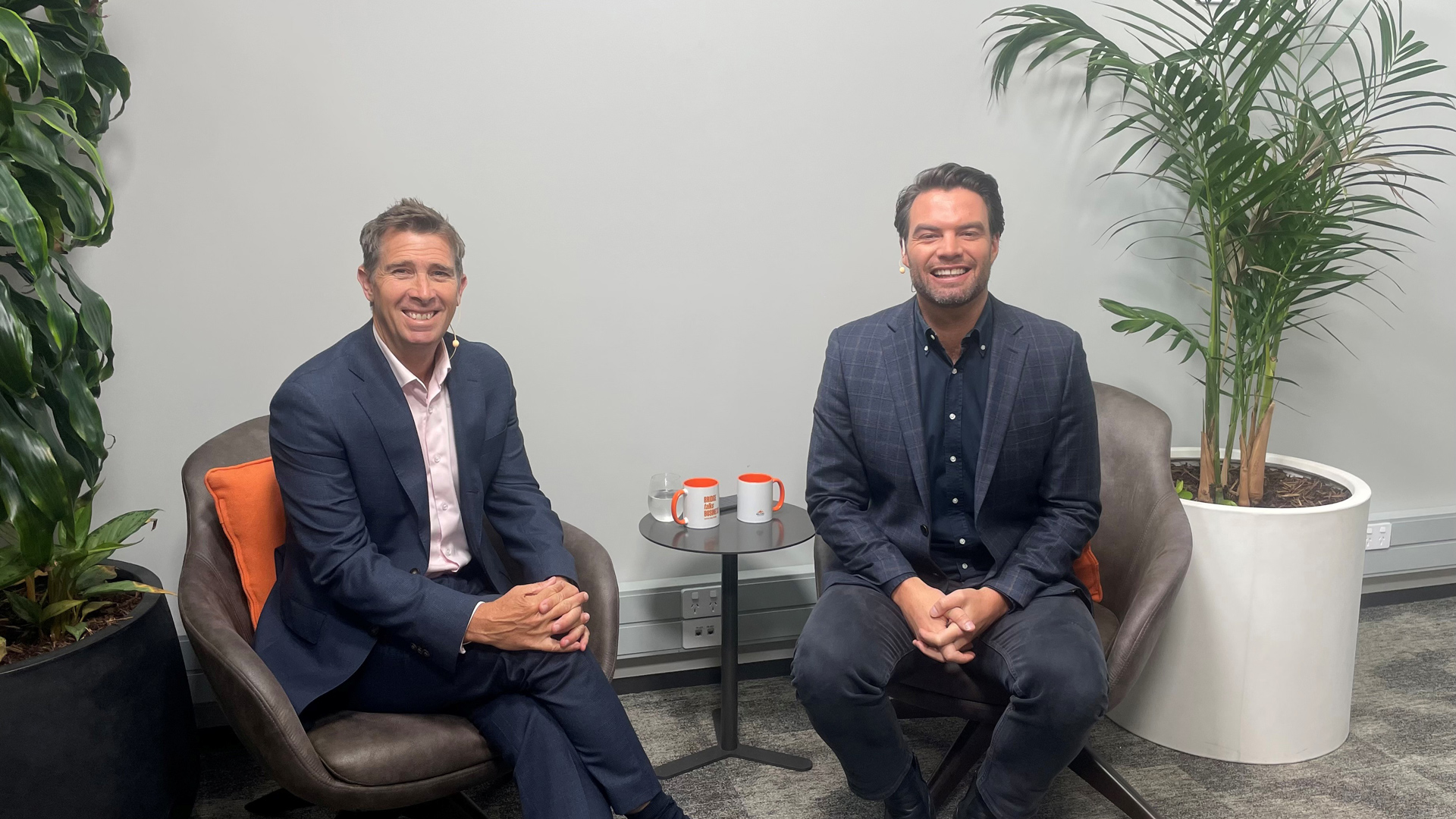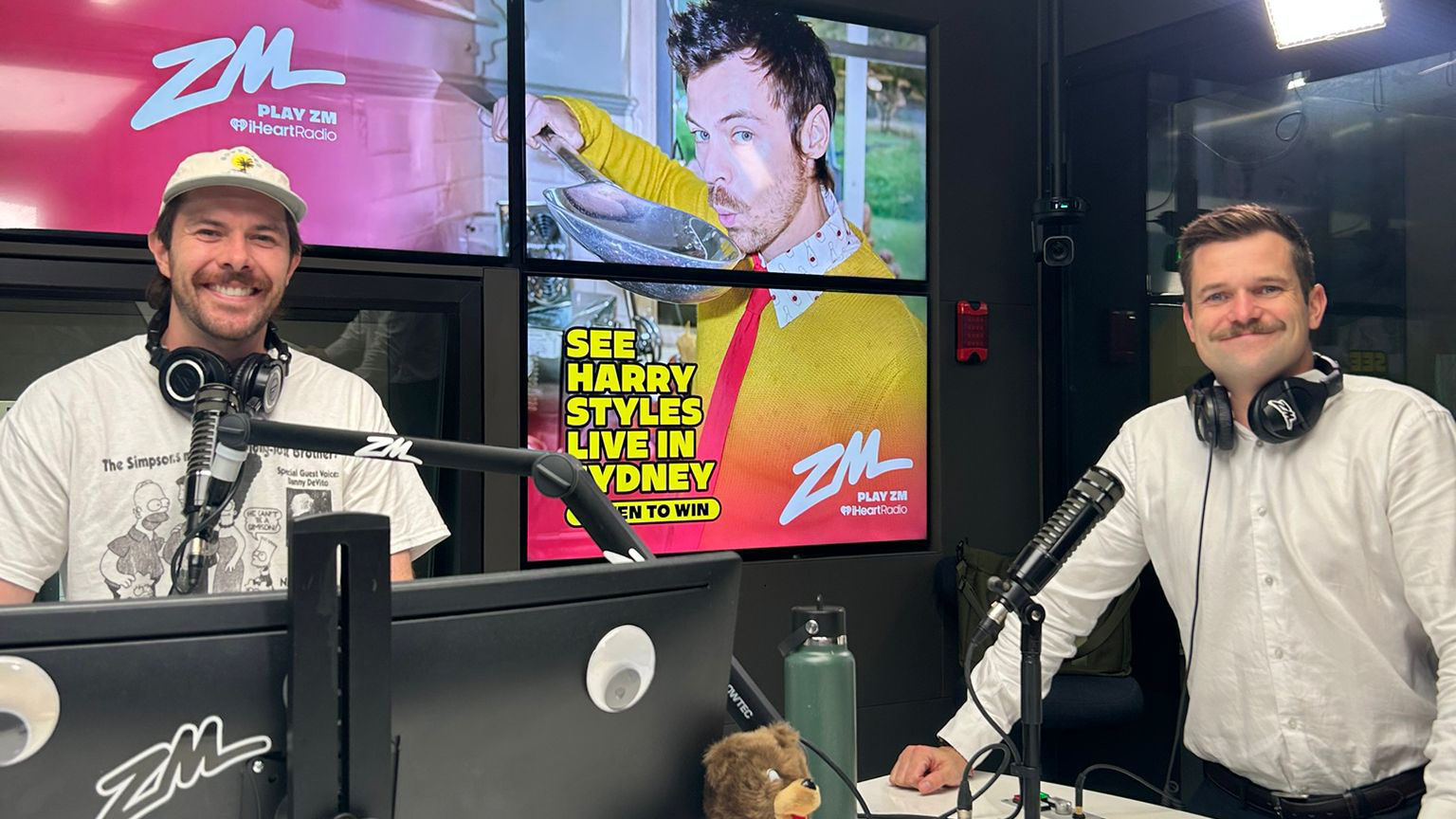Trump’s Big, Beautiful Bill is being debated in the Senate, with the dramatic fallout between Trump and Musk dominating headlines. What’s caused the toxic break down, and what impact might it have on sustainable investment? Milford Sustainable Investment Specialist, Grace O’Hanlon, talks with Ryan Bridge about what’s happened between the former allies, and how the proposed Bill might impact sustainable investment favourites like clean energy and healthcare.
Listen.
Click here to download the MP3 file or listen to the podcast on your favourite platform:
Read.
Bridge talks Business: 10 June 2025
Episode Transcript
Ryan Bridge
Kia ora and welcome to Episode 36 of Bridge talks Business with Milford. This week Donald Trump’s Big, Beautiful Bill is through the House and awaiting Senate approval. It has some major implications for investors. Today we’re looking specifically at sustainable investment with Grace O’Hanlon from Milford. First, here are your top five business bits.
- Number one, US job data softened last week but didn’t fall off a policy-induced cliff, which some investors feared might happen. It’s one to keep an eye on in the midst of trade policy uncertainty.
- Number two, Musk versus Trump. Well, they certainly drew attention to the big fiscal Bill. For all of the talk of reducing budget deficits, the proposed Bill looks likely to increase fiscal stimulus in the US, partly depending on whether tariff revenues can meaningfully offset the spending.
- Number three, the European Central Bank cut rates last week to 2%. Inflation appears now under control in the region, but with fairly solid economic strength, it looks like the ECB will be patient in assessing whether further cuts might be needed.
- Number four, this week we get US inflation data. It’s likely still too soon to see the impacts of tariffs on goods pricing, so this renders the numbers somewhat obsolete.
- Number five, we’re also likely to hear about the progress of US-China trade talks that are happening in London at the moment. Unfortunately, tariff outcomes still a source of uncertainty for businesses and investors alike.
So, if you’ve been anywhere in the financial news this week, you wouldn’t have missed it. This is Trump’s Big, Beautiful Bill. It creates fiscal problems for the United States, but it also has quite an impact on sustainable investment, and I know a lot of our listeners are interested in this topic. So, who better to talk to than from Milford, Grace O’Hanlon. She is a Sustainable Investment Specialist here at Milford. Just a note that this conversation is informational only and should not be considered financial advice. Grace, welcome to the podcast.
Grace O’Hanlon
Thank you very much.
Ryan Bridge
Great to have you here. So much to talk about. We’ll get to Musk and Trump and all that stuff in a second. But first, the Bill itself. Trump calls it big and beautiful. How big and how beautiful is this Bill?
Grace O’Hanlon
Look, beauty is, as always, in the eye of the beholder. So, if you ask Trump or the Republicans, very big and very beautiful. If you ask some others, including as you said, Mr Elon Musk, it is the big, fat, ugly Bill. So look, perhaps somewhere in between.
Ryan Bridge
That’s because of what it does to the deficit long run, right? And some of the borrowing that’s going to have to happen to make this work.
Grace O’Hanlon
Absolutely. Nothing in this life is free. And there’s been a lot of cuts. Trump promised lots and lots of tax cuts, which he is delivering on in this Bill. And then he’s also increasing spending to things like defense and he’s increasing spending to border protection. But that is coming at the expense of things like Medicaid and healthcare to low-income Americans. And it’s coming at the expense of clean energy tax credits and some consumer financial protection watchdog. So, give and take in the Bill. But at the end of the day, independent estimates have said that this might add up to two and a half trillion dollars, if not more, with interest over time to the US deficit, which is really concerning to both Democrats and some Republicans too.
Ryan Bridge
Yeah, your area of expertise. And this is what I’m finding interesting today. Your area of expertise is sustainable investment, right? Involved in this, as you said, there’s cuts to solar and wind and battery storage energy solutions – to tax breaks for that. So, there’s lots of stuff in there, rebates on electric vehicles and all sorts of stuff that’s being cut as part of this. How does that affect sustainable investment?
Grace O’Hanlon
So first of all, I think the Bill has passed the House, but it hasn’t quite made it through the Senate. So nothing is for sure. And I think we’ve been saying that all year – nothing is for sure. And, I’m sure that there’ll be changes. But for now, the proposal is that there will be big cuts to Medicaid, $600 billion. And they’re going to be making those cuts by increasing red tape and trying to get non-American citizens off the payroll of those sorts of incentives. And then for clean energy, some Republicans really liked this Bill. It brought lots of jobs and lots of manufacturing to red states, big solar farms going up in Texas, and big batteries getting built that were really benefiting these states, creating lots of jobs beneficial to a Republican congressman. And so, I think we were expecting maybe a little bit more pushback on some of those clean energy cuts. And I think some of us were hoping that maybe pieces of that Bill would remain intact. But it does look like in the first reading through the House, there have been some significant cuts, and really the only survivor of these cuts from the initial Biden Inflation Reduction Act have been nuclear energy.
Ryan Bridge
Right. So, what do those regulatory changes and those incentives being removed – what does that do for the landscape for your average investor?
Grace O’Hanlon
So, it will impact everybody very differently. It will impact consumers very differently. There is your granular consumer investment. So residential solar, EV tax credits, efficient homes – that you get cash to upgrade your home and put in a heat pump. Fantastic. Those are all gone. They’re all proposed to be gone. And they will hurt a lot. Those industries will really hurt. Residential solar, in particular, we’ve already seen one big name go bankrupt, and there potentially is more pain to follow. In terms of utility solar, it is a little bit different. I think the really important thing to remember there is that even without subsidies, solar and wind in some areas are actually more economic than their gas, coal or nuclear equivalent. So, just in purely economic terms, solar is the best option irrespective of whether you’re getting a tax credit or not. Tax credit was just cream on the cake.
Ryan Bridge
So, we were talking just before we started having a chat for the podcast about not green investment, which is what I call it, but sustainable investment. And I sort of always imagine it as literally green investments, like solar and wind and hydro. But it’s actually a lot more than that.
Grace O’Hanlon
Absolutely. And that’s something that at Milford, we really, really believe in. We don’t believe in excluding, you know, all of these things and only including just very, very pure play green energy or EVs, as you say. Of course, those are fantastic. But at the end of the day, lots of those are nascent industries that are still growing and still getting on their feet. A sustainable investment can be in any industry, basically, and they just have to be operating sustainably. They have to be governed well, they have to be making the right decisions to make a positive impact on the environment that they touch, and the people that they touch in the communities that they operate in. You know, they can be enabling work communication, so we don’t have to travel, and the emissions related to that. They can be making accessible consumer finance, funding small business. There’s lots of sustainable companies and lots of ways to operate sustainably, even in a really high-emitting industry.
Ryan Bridge
It’s interesting, because when we’re talking about the implications of this Bill, there are plenty of industries that won’t even be affected by it, right? But when we’re looking at these specific things, and then you add into that, Elon Musk and Donald Trump, and Elon Musk owns an electric vehicle company, he was having his back scratched a little bit. Where does that leave EVs and Tesla?
Grace O’Hanlon
It’s a fantastic question, actually. And I don’t know about you, but I know, I watched the fallout very intently of the Trump Musk breakup.
Ryan Bridge
The divorce?
Grace O’Hanlon
The divorce, right? What do you tell your friends when they break up, “Stay off the internet”. But here we are. Basically, there was a little bit of back and forth. Elon Musk was Trump’s biggest financial supporter in the Presidential election. As you say, a little bit of, “I’ll scratch your back, you scratch mine”. Elon has just exited, he finished his 130 days as its Special Adviser to the government. And he’s stepped back and he stepped back into Tesla. And then very shortly thereafter, when the Bill was introduced to the House of Representatives, and Elon attacked him very publicly, said, you know, “Kill the Bill. Look at all this excess pork in the Bill”. Yeah, he was quite upset. And then Trump in turn came back, and it very quickly devolved into hair pulling and fan throwing.
Ryan Bridge
Face slapping.
Grace O’Hanlon
Yes, yes, it got ugly very quickly. And a lot of unfounded accusations thrown on both sides. But I guess the point is that Elon Musk was attacking that deficit increase, the increase in the debt ceiling in the US, which does create a little bit more risk in the US economy. You know, that has an impact on interest rates, it has an impact on the currency. And Elon Musk is not necessarily wrong. And there are fiscally conservative Republicans that agree with them.
Ryan Bridge
100%. Yeah. And what about the Tesla fallout? Because their share price took a dive after this, because you lose the ear of the President, you lose potential regulatory favours, sweeteners, there were some investigations that were halted because these two got quite close and cozy. So, it’s interesting to watch that play out too.
Grace O’Hanlon
Yes, so the Tesla price – as the Twitter battle raged – fell about 15%, 14% or 15% over time. It’s not unusual for Tesla to rock around on Tweets. Perhaps sometimes I’m not sure by design. But it has recovered a little bit. But again, that has an impact on the index. It’s such a big company. It has an impact on Elon Musk’s personal wealth, which is again, significant. He’s the richest man in the world. And so Trump can hurt Elon Musk. Elon Musk owns SpaceX, which has huge government contracts, it owns Starlink, which has huge government contracts. So on the flip side, Musk can also hurt Trump if he were to, for instance, withdraw his support from the Republican Party or even throw that support behind the Democrats or, according to his Twitter, perhaps found his own America Party, political party to run against the both of them. So, it is so unknown right now. But, it is two very big personalities and two very influential people butting heads at the moment. So, who knows where it will land.
Ryan Bridge
Richest man on the planet and most powerful man on the planet, arguably going at it like the ultimate power couple divorce.
Grace O’Hanlon
Exactly.
Ryan Bridge
Grace. So basically, what you’re telling me is this week has been rich pickings for you. You’ve got a massive Bill that’s made its way through the House yet to go through the Senate, but has major implications for sustainable energy and sustainable investing. Plus, you’ve got this EV, SpaceX-owning tycoon taking on the President. What more do you want?
Grace O’Hanlon
Exactly. Honestly, what more could I possibly want? Never a dull moment at my desk. I’ll tell you that for nothing. But I think because there is so much uncertainty especially while this Bill is still heading through the Senate and they’re looking to get it back on the desks on July the second, whether that happens or not. But who knows what those changes will be. And at this stage, there are some industries that are exposed. There’s lots of risk there. We’re just not sure. Healthcare is one, clean energy, obviously another. But I think at the moment, there’s still great sustainable opportunities, both within the US in some of those less pure play companies and offshore, places like Europe, the UK and even at home in Australia and New Zealand – a little bit more certainty. Political certainty in Australia now they’ve had their election, lots of stimulus happening or rather government support in in Europe. And so just a little bit more certainty and a few other opportunities starting to present themselves.
Ryan Bridge
Fascinating stuff, Grace. Lovely to have you on the podcast and have a good chat. Thank you.
Grace O’Hanlon
Thank you very much.
Ryan Bridge
That was Grace O’Hanlon. She’s a sustainable investment specialist at Milford with all the lowdown on the breakup between Musk and Trump, the Big Beautiful Bill and what it means for sustainable investing. Don’t forget you can like, follow and subscribe this podcast wherever you like to listen. We enjoy you doing so. See you next week.
Missed previous episode? Don’t worry! Click here to catch up now.


